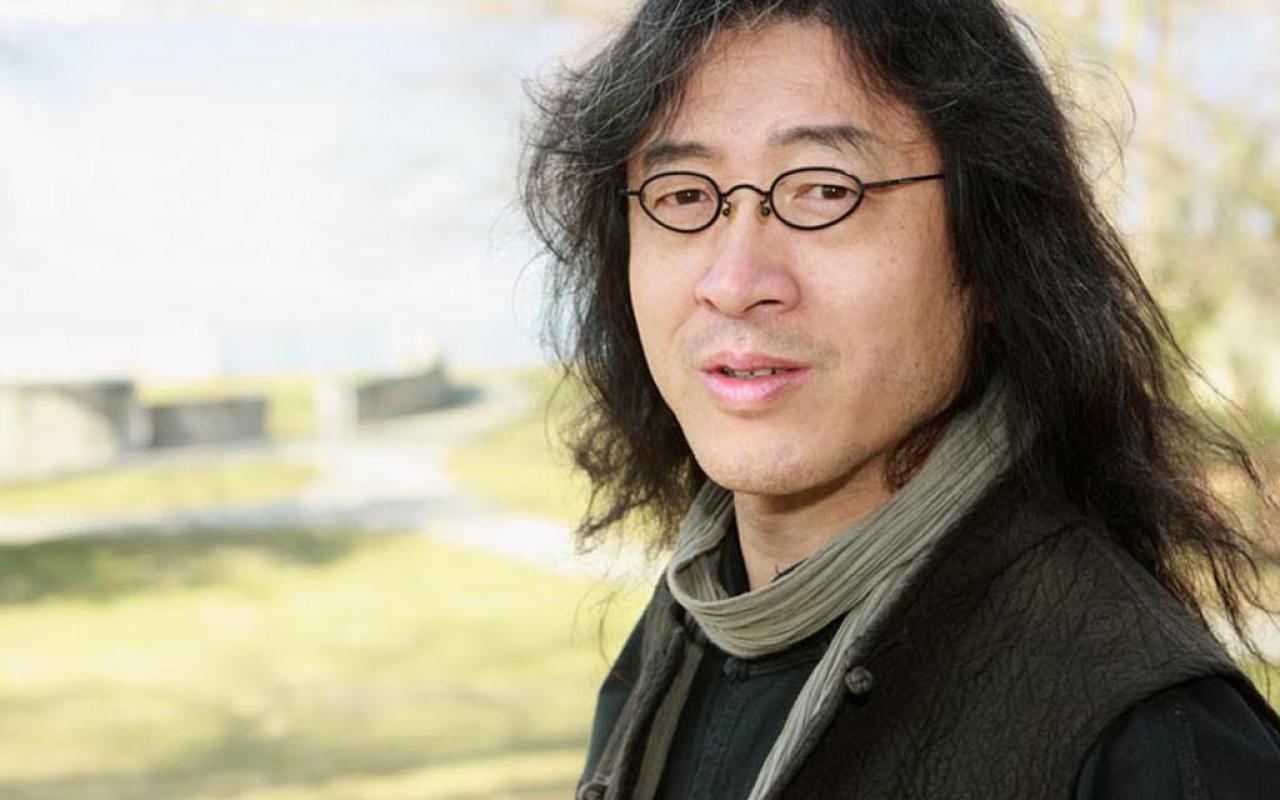Bei Ling

Reading & Lecture by the Exiled Chinese Author and President of the Independent Chinese PEN Centre
Thu, November 20, 2014 7.30 pm CET, Reading
Highly esteemed in the Western World, though persona non grata in his own country, Bei Ling – publisher, author and friend of dissidents Liu Xiaobo and Ai Weiwei – is guest at the ZKM. Following the reading from his books and poems, he invites the public to a panel discussion. The event will take place in the German and Chinese languages.
Chinese author, poet, essayist and dissident Bei Ling (full name: Huáng Bèi Lǐng 黄貝嶺), was targeted by the Chinese authorities following his publication of regime-critical literature. Thanks to prominent literary colleagues, such as Susan Sontag and Günter Grass, as well as the North American government, he was released relatively soon. After his release from incarceration in China, Bei Ling has been living in exile. Together with the later Nobel Prize-winner for Literature, Liu Xiaobo, he founded the independent Chinese PEN Club in 2001. He caught the attention of the German media during the Frankfurt Book Fair in 2009: whereas the exiled Chinese national was initially invited to the panel discussion, his participation was withdrawn following pressure from the official Chinese delegation. His essays have since been widely published in the German language.
Among others, Bei Ling’s poems, essays and book reviews have been published in the New York Times, Los Angeles Times and the Harvard Book Review. In »Tendency«, the literary journal he founded, he publishes works by modern international authors, such as Susan Sontag, Paul Celan or Vàclav Havel in the Chinese language; the primary target group is Chinese dissidents. In 2010 Bei Ling took the occasion of his friend Liu Xiaobo being awarded the Nobel Peace Prize to publish »Der Freiheit geopfert – Die Biografie des Friedensnobelpreisträgers Liu Xiaobo«. Two years later, in »Ausgewiesen – Über China« (Surhkamp, 2012), he provided insights into the Chinese literary underground. He wrote of his time in captivity and about how he experiences life exiled from his homeland.
Chinese author, poet, essayist and dissident Bei Ling (full name: Huáng Bèi Lǐng 黄貝嶺), was targeted by the Chinese authorities following his publication of regime-critical literature. Thanks to prominent literary colleagues, such as Susan Sontag and Günter Grass, as well as the North American government, he was released relatively soon. After his release from incarceration in China, Bei Ling has been living in exile. Together with the later Nobel Prize-winner for Literature, Liu Xiaobo, he founded the independent Chinese PEN Club in 2001. He caught the attention of the German media during the Frankfurt Book Fair in 2009: whereas the exiled Chinese national was initially invited to the panel discussion, his participation was withdrawn following pressure from the official Chinese delegation. His essays have since been widely published in the German language.
Among others, Bei Ling’s poems, essays and book reviews have been published in the New York Times, Los Angeles Times and the Harvard Book Review. In »Tendency«, the literary journal he founded, he publishes works by modern international authors, such as Susan Sontag, Paul Celan or Vàclav Havel in the Chinese language; the primary target group is Chinese dissidents. In 2010 Bei Ling took the occasion of his friend Liu Xiaobo being awarded the Nobel Peace Prize to publish »Der Freiheit geopfert – Die Biografie des Friedensnobelpreisträgers Liu Xiaobo«. Two years later, in »Ausgewiesen – Über China« (Surhkamp, 2012), he provided insights into the Chinese literary underground. He wrote of his time in captivity and about how he experiences life exiled from his homeland.
